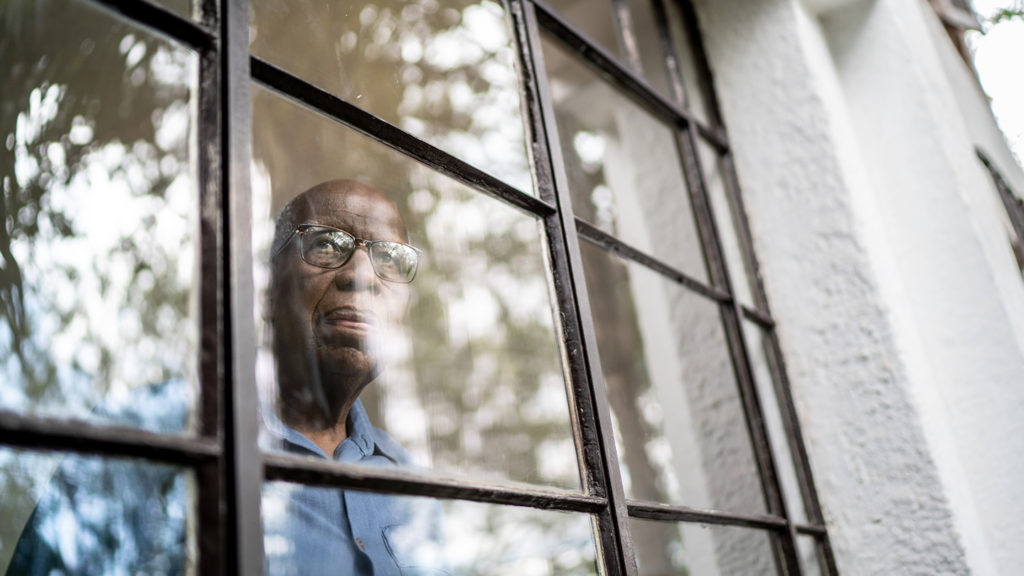
Engaging continuing care facility residents in decision-making that affects their care and treatment is necessary to maintaining their autonomy and dignity, according to a recent article in JAMDA–The Journal of Post-Acute and Long-Term Care Medicine.
Researchers led by Monique A. Martin-Parent, MN, BN, RN, from Athabasca University, Athabasca, Alberta, shared the experience of Martin-Parent’s father, a 76-year-old continuing care facility resident who became isolated, contracted COVID-19 and experienced significant physical and cognitive health deterioration during the pandemic, culminating in his death in 2021.
Researchers used the father’s story to offer the resident perspective in understanding COVID-19 restrictions in continuing care facilities — an umbrella term that the investigators said refers to a variety of long-term care settings, including assisted living, residential care, supportive living and nursing homes — during the pandemic.
Resident autonomy, they said, was severely neglected during the pandemic, subjecting residents to restrictions that negatively affected their physical, mental and emotional health. Canceling group activities and communal dining, forcing residents to quarantine in their rooms, and banning or severely limiting family caregiver visits in the name of decreasing infection risk and death came at the expense of residents, the authors said.
“Part of autonomy is the dignity to take risks, allowing an individual to engage in positive risk-taking with subsequent improvement in quality of life,” they wrote. “Positive risk-taking can lead to positive outcomes, such as supporting cognitive and functional abilities, independence, resilience and living a life that aligns with an individual’s goals and values, which, in turn, enhances quality of life.”
Government and healthcare organizations, the authors said, failed to support resident autonomy due to risk intolerance, resulting in “silencing resident voices, and infringing on residents’ rights and freedoms during the last phase of their life.” The authors said there needs to be greater recognition of resident autonomy as a basic need and right by government and healthcare organizations, as well as protocols to engage residents and enhance their autonomy.
Residents, they said, need and deserve a caring home environment that “will uphold their right for autonomy and dignity to experience the positive outcomes that result from risk-taking, despite governments’ and healthcare organizations’ narrow and limited view of risk as a negative construct that requires an abundance of caution.”
“Residents must be seen as essential stakeholders and be involved in all levels of policy making that directly impact their home and quality of life,” the authors concluded. “Policies should focus on maintaining equity over equality, meaning that they should target and address the unique health and wellness needs of individual residents rather than taking on a blanket approach, rule or restriction for all residents.”
In the future, they said, governments and healthcare organizations must focus on maintaining resident autonomy, dignity to take risks and quality of life throughout residents’ continuing care journey.


